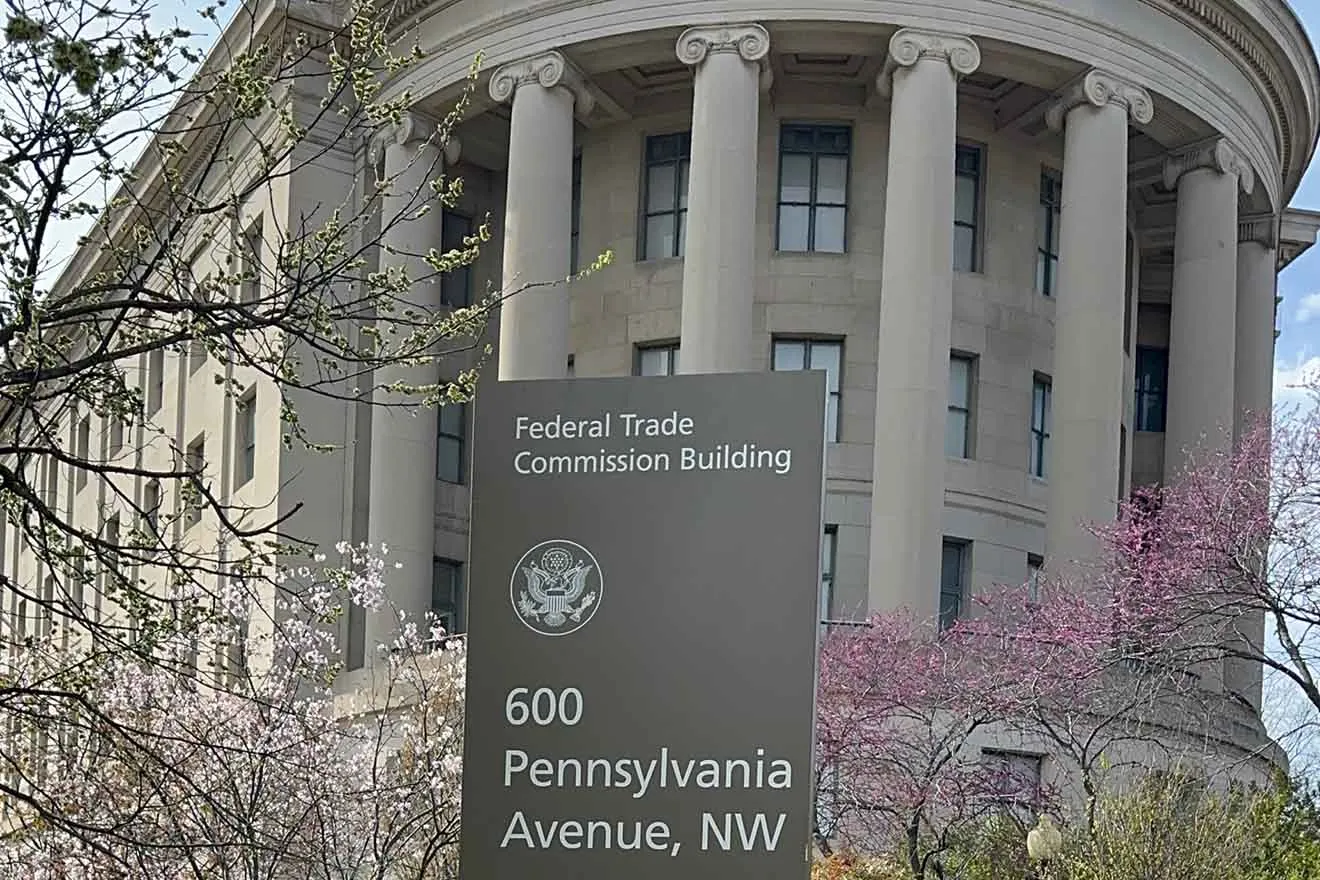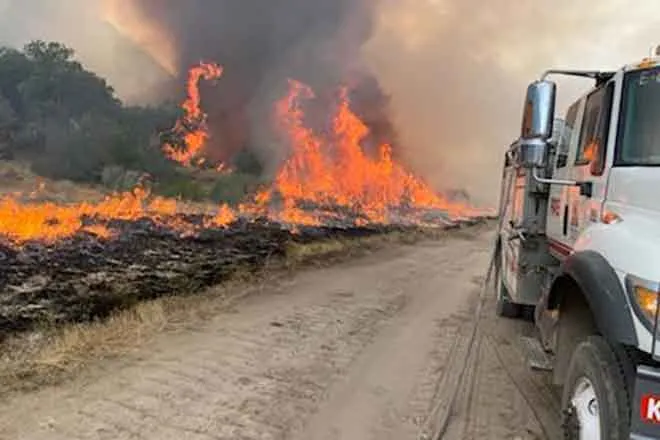
Colorado ballot item withdrawn after apparent compromise on law for oil, gas fees
(The Center Square) – The withdrawal of a Colorado ballot initiative appears to be the result of a compromise on new energy legislation signed into law last week.
Proposed Initiative #77 was certified for the November ballot by Secretary of State Jena Griswold in late April. The proponents of the initiative formally withdrew it from the ballot on Friday, according to a release from Griswold’s office.
The withdrawal came the day after Governor Jared Polis signed two bills into law requiring oil and gas producers to pay approximately $285 million in fees to fund transit expansion and wildlife remediation over two years.

"This landmark legislation brought together the oil and gas industry and environmental advocates to protect our air quality while making historic investments in public transportation,” Polis said in a statement on the new law.
The withdrawal of the initiative by the proponents is irrevocable, according to state regulations.
The initiative would have asked voters to decide if an economic impact summary should appear on upcoming ballot measures and precede the item’s title or question. The summary was intended to include the effect a measure would have on the state’s employment, the gross domestic product and state and local government revenues, expenditures, taxes and fiscal liabilities.
More than 199,000 signatures were gathered in support of the ballot item. Griswold’s office reviewed a 5 percent random sample of the submitted signatures and projected the number of valid signatures to be sufficient to place it on the ballot.
In February, representatives of the state’s oil and gas industry announced it would oppose legislationcreating higher environmental standards. Legislation also was introduced to end the issuing of new oil and gas permits by January 1, 2030. The bill also would have reduced the total number of permits for new wells in 2028 and 2029 and require permits for new wells issued after 2024 to stop operating by 2032.
The restrictions on oil and gas permits could have cost almost $2 billion in property tax revenue, according to a report from the Common Sense Institute. It also estimated a loss of 34,700 jobs in the first year and 181,800 during the next 10 years. The state’s gross domestic product would have dropped by approximately $321 billion during the reduction.
Business leaders joined the energy producers in criticizing the legislation.
“Right now the biggest risk to Colorado’s economy is public policy,” J.J. Ament, president and chief executive officer of the Denver Metro Chamber of Commerce said during a February press conference. “It’s public policy that’s been created without a thought to the cost-and-benefit analysis.”

















